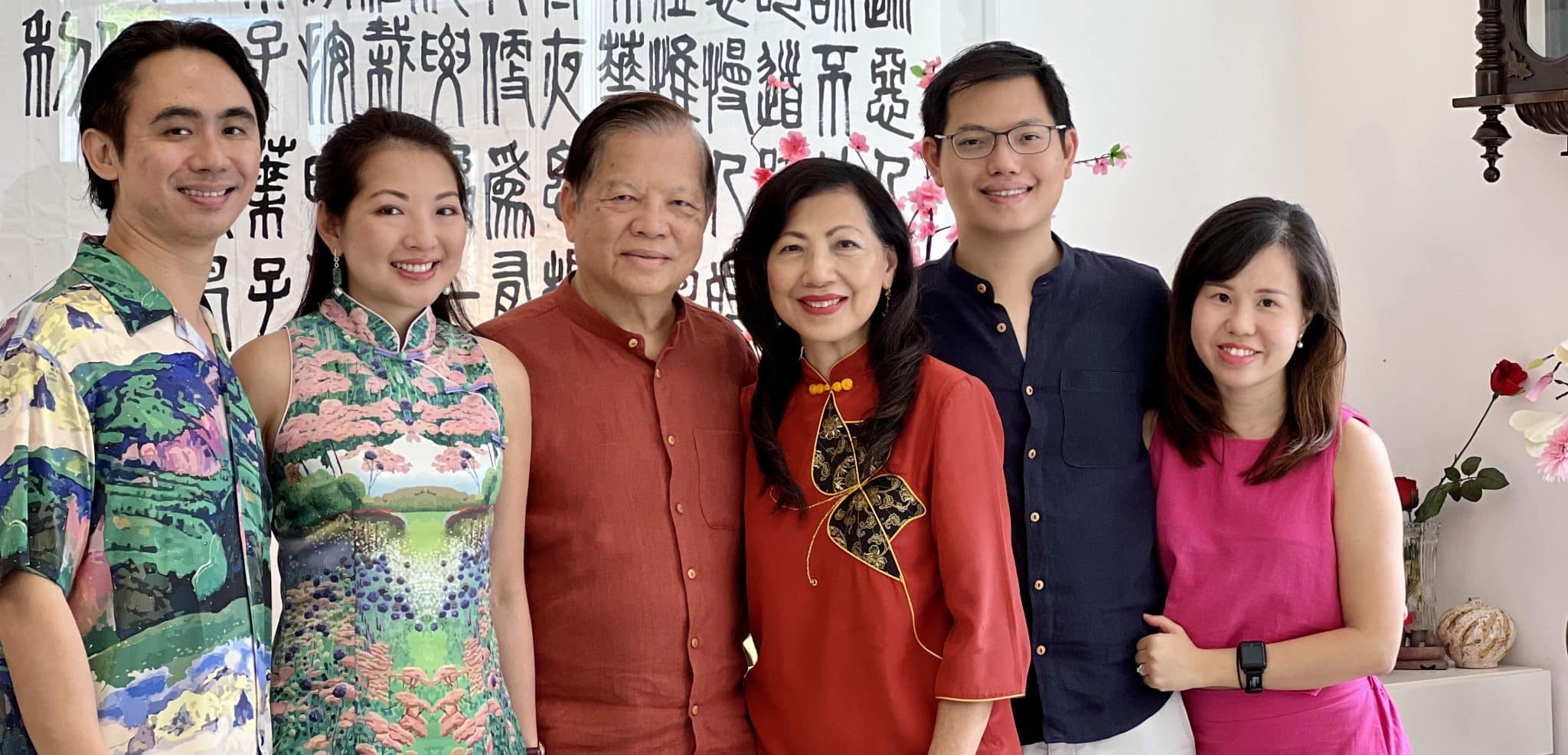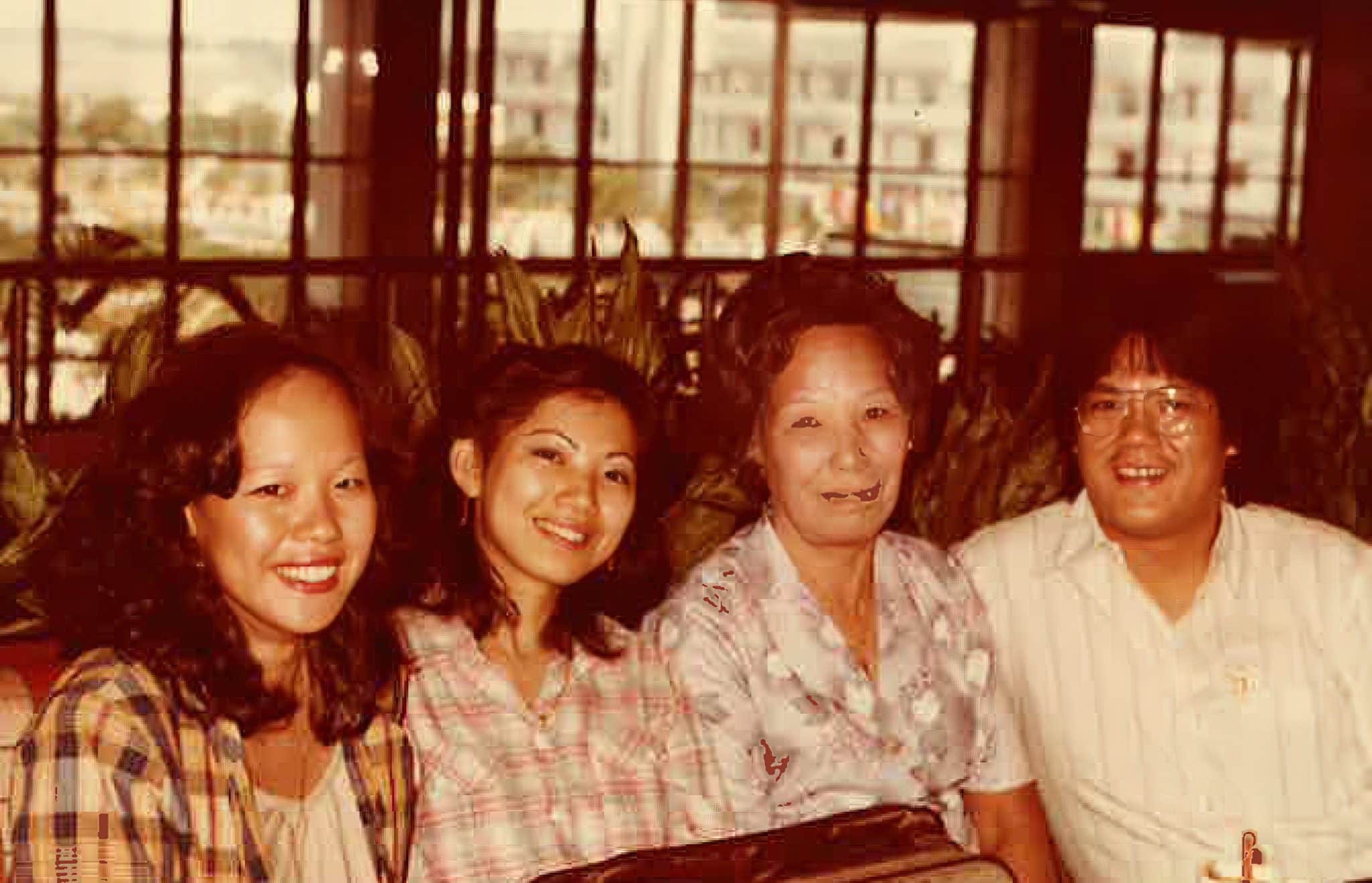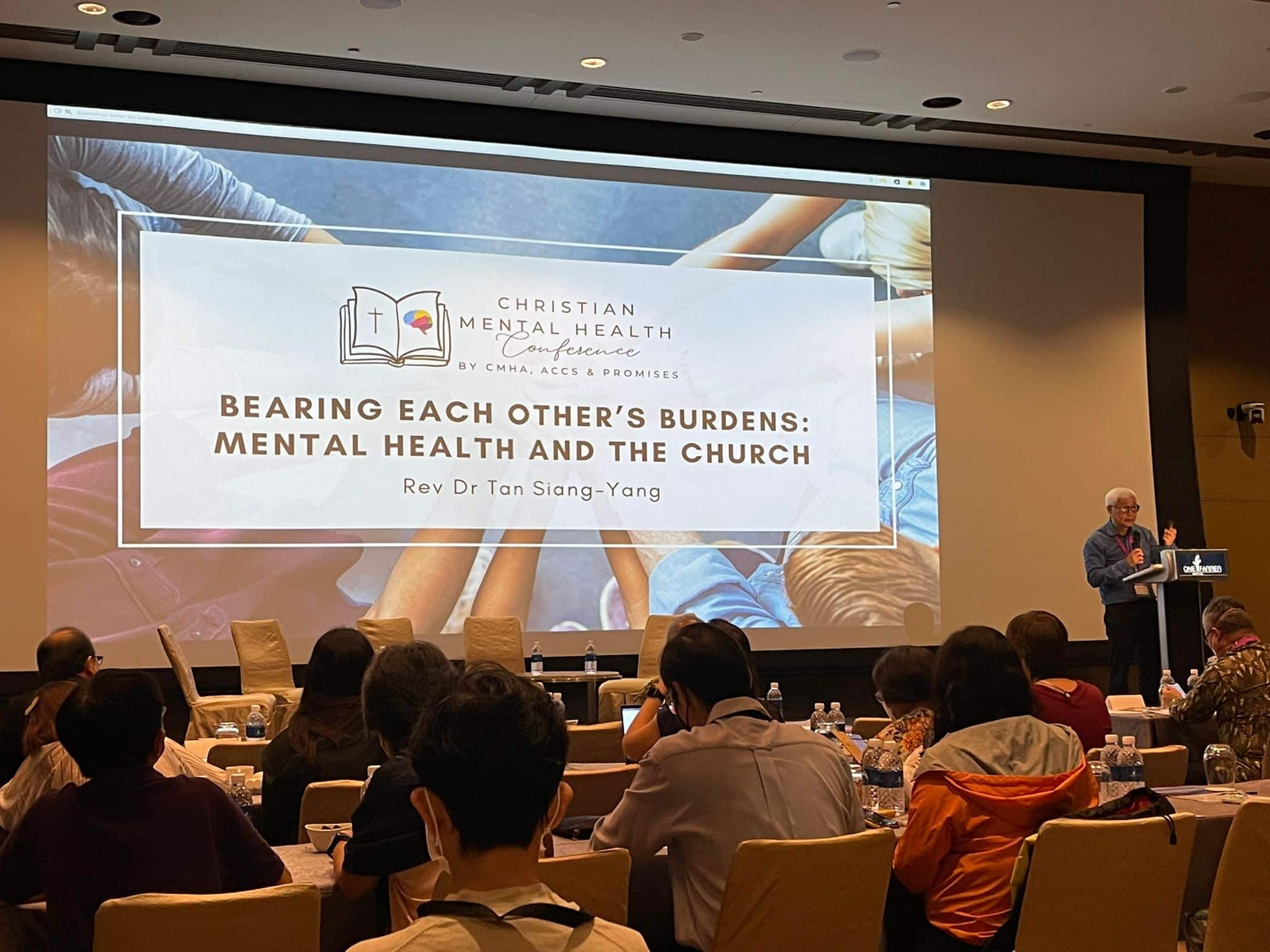“The ordinary man, you and I, can make a difference”: Retired Judge Richard Magnus
by Gemma Koh // August 11, 2021, 6:10 pm

"Biblically, the ecological disasters, and the pursuit of prosperity no matter what, distorts who we are – made in the image of God to love His creation," says retired Senior District Judge Mr Richard Magnus, who chairs the inaugural Gatekeepers Dialogue on August 12 and 13. Photo by Dan Dealmeida on Unsplash.
There has been no lack of alarming news over the past year – global warming, world hunger, a consuming pandemic.
Is there hope that mankind can halt this destructive slide and build a better world for future generations?
“Biblically, the ecological disasters, and the pursuit of prosperity no matter what, distorts who we are – made in the image of God to love His creation – and detaches us from the reality of this world that we are part of,” said retired Senior District Judge Mr Richard Magnus.
“We need to set aside our self-destructive behaviour that damages our soul. That is not God’s design for us. We have an opportunity to be human again and restore our human soul.”
Mr Magnus, 76, was speaking with Salt&Light in advance of The Gatekeepers Dialogue on August 12-13, an online forum of distinguished global leaders across disciplines.
The Dialogue, chaired by Mr Magnus, aims to provide a biblical worldview on global issues that will be highlighted at the next World Economic Forum (WEF).
WEF 2021 was to have been held in Singapore in August. The Forum will now take place in the first half of 2022.
“Environment, Social and Governance (ESG) issues are everybody’s problem – not only the State’s.”
The forum brings together 18 Christian leaders across disciplines to discern, share and address contemporary Environment, Social and Governance (ESG) issues, and possible solutions, from a Biblical context with a Kingdom narrative.
The 17 Sustainable Development Goals highlighted by the United Nations aim to create, by 2030, a “world free of poverty, hunger, disease and want, where all life can thrive”.
The international speakers, discussing 12 topics, include Lord Stephen Green (former chairman and CEO of HSBC and an ordained Anglican priest) who discusses servant leadership; Ms Yeo Bee Yin (former Malaysian Minister of Energy, Science, Technology, Environment and Climate Change) who talks about creation care; Mr Pascal Hügli (research consultant and author from Switzerland) who shares his views on “Christ and Crypto”; and Mr Lim Siong Guan (former head of Singapore’s Civil Service and former group president of GIC) who shares why honour is important for the continued success and survival of our nations.
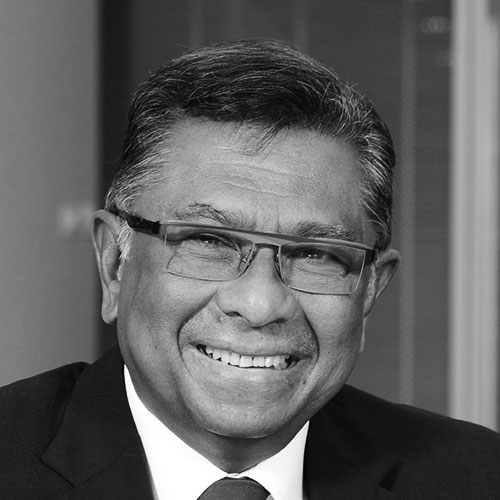
Mr Richard Magnus, chair and moderator of the upcoming Gatekeeper’s Dialogue. Photo from honour.sg.
Mr Magnus, who retired as Senior District Judge in 2008 after 40 years in the legal service, holds leadership and advisory roles in several private companies and bodies, as well as on international committees dealing with human rights and bio-ethics.
The latest recognition for Mr Magnus’s contributions to Public Service is the Distinguished Service Order, announced this week on National Day (August 9).
The Dialogue is organised by Gatekeepers Singapore, an interdenominational Christian marketplace fellowship where Mr Magnus is an advisor. Formerly known as the Full Gospel Business Men’s Fellowship, Gatekeepers was established in 1975, and is part of a global network of similar fellowships.
The idea of the Dialogue was first seeded when Mr Georgie Lee, national president of Gatekeepers Singapore, was approached by the publisher of a Christian magazine in Europe, Go, about the possibility of distributing the magazine at the WEF in Singapore in August. The magazine was previously distributed in Davos, Switzerland, where WEF is traditionally held.
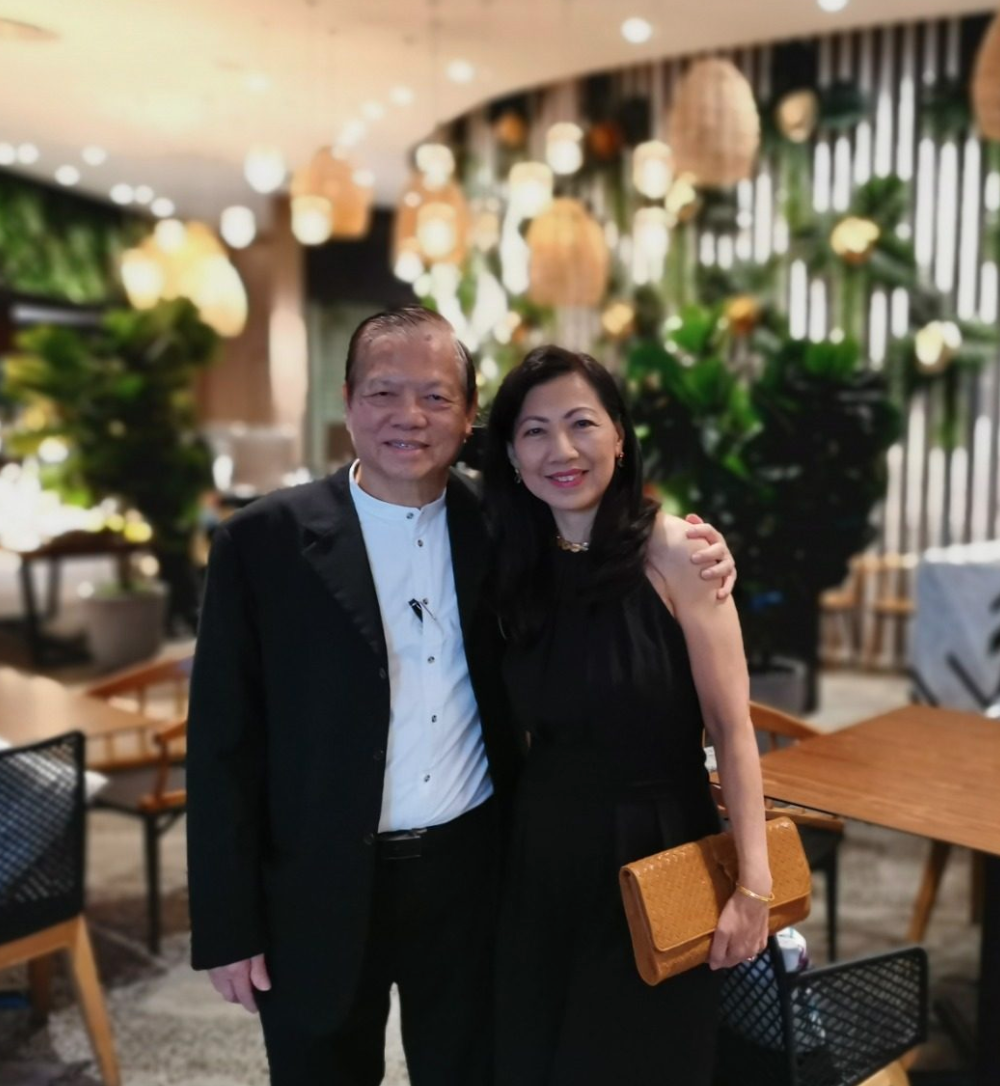
Georgie Lee, with wife Evelyn, who is director of Women’s Gatekeepers. Photo from Gatekeepers Singapore website.
“The publisher was planning a special Asian edition in collaboration with us for the Singapore WEF meeting. Over a conference call, Galven (Mr Lee’s son, who is on the resource panel of Gatekeepers Singapore) suggested conducting a Christian economic forum to ride on the attention on global issues generated by the WEF meeting in Singapore,” Mr Lee told Salt&Light.
The postponement of the in-person WEF in Singapore this year – because of the uncertain travel outlook and new Covid variants – did not derail plans for The Gatekeepers Dialogue.
Salt&Light sat down with Mr Magnus and Mr Lee to find out more of the timeliness and importance of understanding ESGs from a Christian perspective:
What are some outcomes you hope to see from this inaugural Dialogue?
Mr Magnus: The environment is in crisis. In fact ecological disaster and wanton pillage of natural resources is the largest challenge ever. ESG is everybody’s problem – not only the State’s. Many fast-developing economies are indifferent to climate change. Many of us are focussed on material wealth and prosperity at all costs.
“It is a small step towards exercising your free will … for the public good and for your human dignity.”
The fundamental outcome we ask is not more rhetoric, but a radical change of heart to prevent runaway climate change, and to respect sustainable environment.
Singapore has made serious plans towards ESG and liberation from a habit of behaviour that damages the environment.
The second basic outcome is this realisation: Biblically, the ecological disasters and the pursuit of prosperity no matter what, distorts who we are – made in the image of God to love His creation.
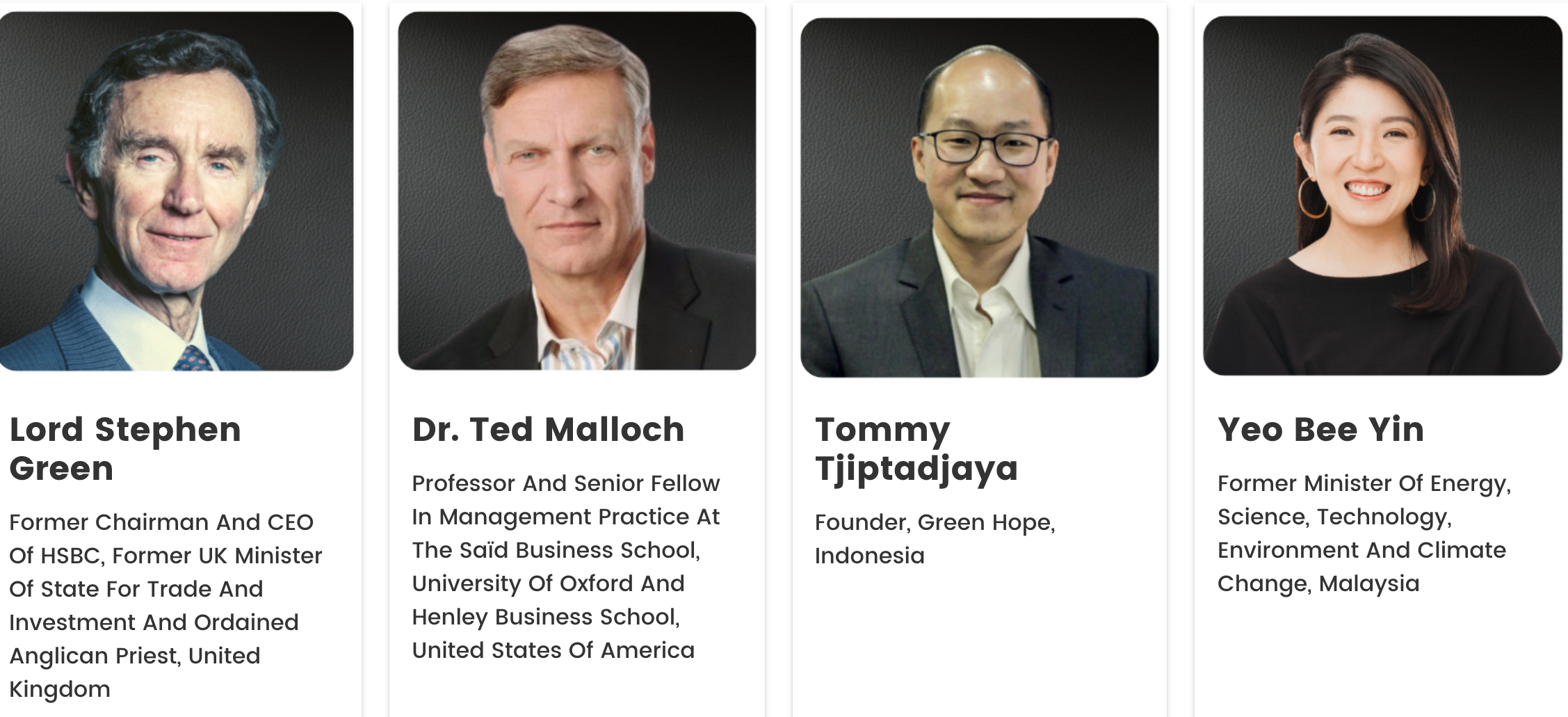
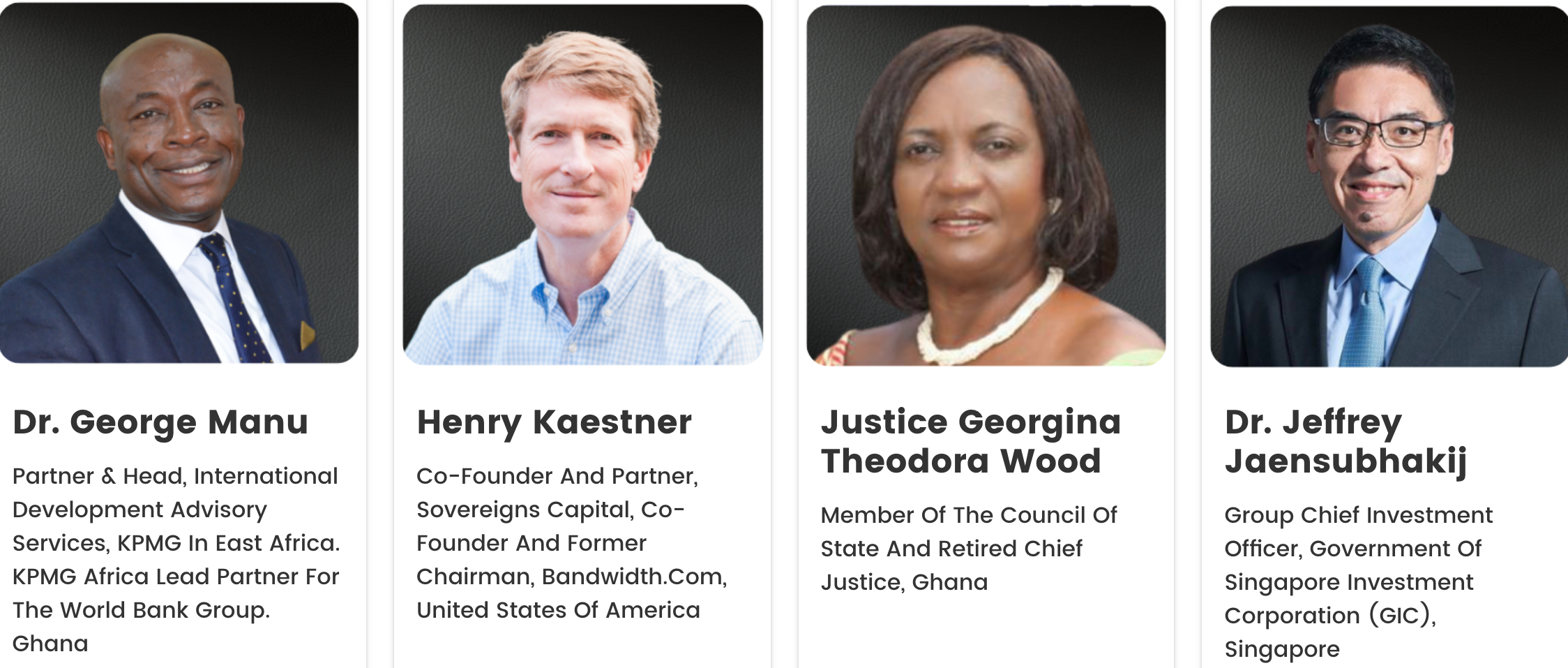
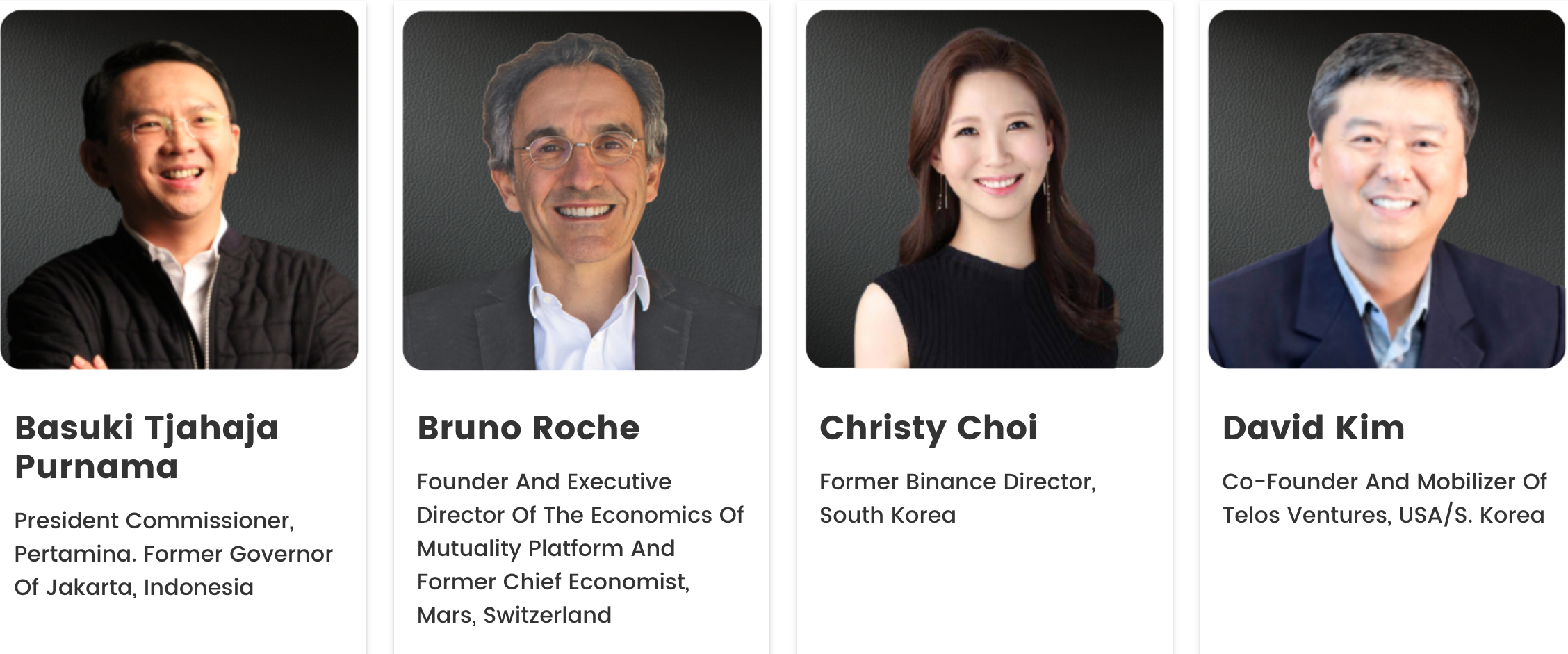
The international panel of speakers at The Gatekeepers Dialogue are Christian leaders who are experts in diverse fields from politics to finance. Just 12 out of 18 are pictured in these screenshots from Gatekeepers Singapore website.
Mr Lee: We believe that God has solutions for the world’s problems and the world needs to hear the “above the sun” perspective (a reminder from Ecclesiastes) and solutions to these issues.
Our role as an Antioch city calls us to be also a hub for spiritual and thought leadership to the world.
Why is this Dialogue timely? Will the topics discussed affect the man in the street?
Mr Magnus: The ordinary man, you and I, can make a difference. One might say: “What difference can I make by recycling my plastic marketing bag, or not throwing my tissue paper into the drain outside my home?”
The answer is not “This will save the world in five or six months”. But it is a small step towards exercising your free will which God has given you not to harm, but for the public good of your neighbour, nation even, and for your human dignity and self-respect.
The pandemic is a stark message about being of public good value and being a witness, a gatekeeper of God’s plan, for our Earth.
“Don’t despise the day of small things” (Zechariah 4:10), declares the Bible.
The pandemic is a stark message about being of public good value and being a witness, a gatekeeper of God’s plan, for our Earth.
The Green Economy – the economics of mutuality and the stakeholdership which is the essence virtue of ESG – will see a fresh hope in our communities and a creative economy, especially coupled with appropriate digital abilities.
Come and attend the conference. Let your hearts be stirred for country and God.
Mr Lee: Rarely is there such an opportunity to hear and learn from a diverse group of Christian leaders from across the world. We hope to help believers make an actionable response to world issues.
Jesus exhorted: “Your kingdom come, your will be done, on earth as it is in heaven.” (Matthew 6:10) We are called to advance His Kingdom on earth.
Has the pandemic coloured the way we do leadership and church?
Mr Magnus: The pandemic has resulted in the Church being woke to mispat, loosely translated as “justice/righteousness”.
“We need to recover the compassionate heartbeat of God when He says: Love your neighbour as yourself.” (Mark 12:31).
Righteousness exalting a nation is a familiar Biblical injunction. It is the Gatekeepers’ motivation.
The Bible has a wide social metanarrative flowing from our faith – to bring mispat to our vulnerable citizens and aliens, including helping the poor, the disenfranchised, the elderly, the widows, the orphans, sick, those who are in pain, broken hearted and the suicidal.
The Church needs to find her place in this social space. We need to promote equality – not ideological equality, but a deeper and expansive equality to prosper mind, soul and spirit, reconciling ourselves to each other and to God.
We need to seek the welfare of the city.
“We hope to help believers make an actionable response to world issues … We are called to advance His Kingdom on earth.”
These require an imaginative mind. We need to recover the compassionate heartbeat of God when He says: “Love your neighbour as yourself” (Mark 12:31).
Mr Lee: The pandemic has challenged leaders to re-think what church should really be.
We have been lulled into a complacent and comfortable mode of doing church the way it usually is. Hence, leaders are just waiting and hoping to resume “business as usual”.
But a spiritual awakening is happening that will challenge the increasingly consumerist culture in church.
“The Church needs to convey a Gospel message that brings coherence of faith and work to these younger generations.”
It is going to be a revisit of the days of the Acts of the Apostles.
The pandemic has challenged a lot of age-old assumptions and “sacred cows”. It is a “wake-up call”. Re-working stewardship of finance and resources, embracing technology, disruptions, etc, are issues that will also reshape the church community.
Two key words stand out in this pandemic – reset and pivot.
A recent government survey showed a decline in the percentage of believers from age 25 to 40. The Church needs to convey a Gospel message that brings coherence of faith and work to these younger generations.
How do we lead and stay true to scriptural values in a time of rising populism?
Mr Magnus: Populism is not new. It is a voice that wants to be heard. One has to be careful, though, that the voices do not sow division, discord, chaos and fear.
Civilisation is thin, order is fragile and chaos waits for a crack to appear. And when it does, emotional appeal trumps rational argument and the common life.
“The faith is drawn by a hope that comes to us from the future – resurrection.”
Religious communities, like in Singapore, provide a viewpoint to the issues of the day, drawing on its historicity and wisdom of the sages. They give courage to the vulnerable, the needy, the challenged, and those in pain. They give meaning and purpose in life.
Biblically-based faith’s response to populism must begin with a clear theological anthropology: Human beings are made in the image of God and must not be categorised, dehumanised or relativized by language that leads to rejection, certainly not to violence.
The faith is drawn by a hope that comes to us from the future – resurrection. It commits itself to the life of the present, in all its complexities and untidiness, but refuses to see the present reality as the end or the ultimate.
For example, the exiles in Babylon sang the songs of Yahweh on the banks of Babylon’s rivers. The faith cries out for justice, ultimate justice.
“The light has come into the world, and the darkness cannot overcome it” (John 1:5).
Mr Lee: The Church is both an Oikos and Ekklesia. Churches generally have done well as Oikos. We need to step up as an Ekklesia and engage the world outside the church walls.
“The Great Commission concerns the soul of nations.”
We need to be concerned for both individuals and nations.
The Great Commission in Matthew 28:18-20 is about discipling nations and challenges the church to rise up as an Ekklesia. It concerns the soul of nations.
The Great Commission in Mark 16:15-18 is about salvation and challenges the church as an Oikos. It concerns the soul of individuals. The Bible has already warned: The world is getting increasingly darker. We need to step up intentional discipleship to prepare believers to go against the tide.
There is a need to deepen our involvement in the public square. The Dialogue will help believers re-frame their worldview and stimulate engagement with the world from a Biblical perspective.
For more information on The Gatekeepers Dialogue, and how to sign up, click here.
RELATED STORIES:
We are an independent, non-profit organisation that relies on the generosity of our readers, such as yourself, to continue serving the kingdom. Every dollar donated goes directly back into our editorial coverage.
Would you consider partnering with us in our kingdom work by supporting us financially, either as a one-off donation, or a recurring pledge?
Support Salt&Light